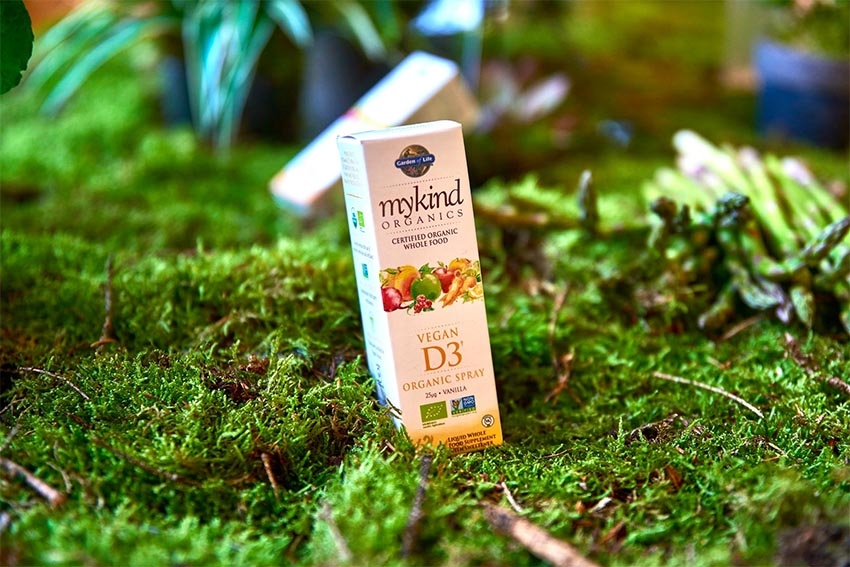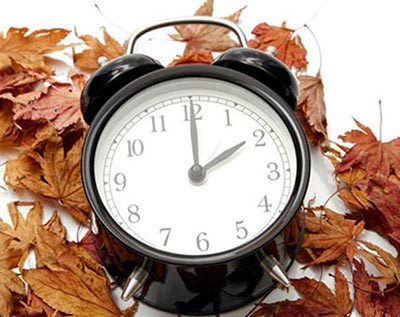Last weekend marks the point across Europe when autumn becomes early winter and everything suddenly seems darker (most north Americans get an extra week before daylight saving). For most of us, it’s a negligible transition: an extra hour in bed, then lowering skies, a winter hiatus before the year starts again.
But for a small minority, winter exacts a heavy toll. In the UK, about 3% of the population are estimated to suffer from seasonal affective disorder, a debilitating illness which prevents those affected from functioning normally without appropriate treatment. About 20% of people in the UK experience mildly debilitating symptoms of Sad, called “subsyndromal Sad” or “winter blues”.
Seasonal affective disorder (SAD) is a form of depression that people experience at a particular time of year or during a particular season. It is a recognised mental health disorder.
Most of us are affected by the change in seasons – it is normal to feel more cheerful and energetic when the sun is shining and the days are longer, or to find that you eat more or sleep longer in winter.
However, if you experience SAD, the change in seasons will have a much greater effect on your mood and energy levels, and lead to symptoms of depression that may have a significant impact on your day-to-day life.
Most people experience SAD during the winter. Less commonly, some people find they experience SAD in reverse – with depressive symptoms occurring in summer.
SAD is most common in countries like the UK where there are large changes in the weather and daylight hours in the different seasons.

Low levels of vitamin D were linked to seasonal affective disorder in research reported in 2014 in the journal Medical Hypotheses. And a study published in 2014 the journal Nutrients found that people who took vitamin D supplements saw significant improvement in their depression.

Products such as Natures Answer Vitamin D3 Drops & Garden Of Life mykind Organic Vegan D3 Spray can help provide the body with essential Vitamin D in the winter months which helps to to absorb calcium and promote bone growth. Additionally The Vitamin D Council -- a scientist-led group promoting vitamin D deficiency awareness -- suggests vitamin D treatment might be found helpful in treating or preventing autism, autoimmune disease, cancer, chronic pain, depression, diabetes, heartdisease, high blood pressure, flu, neuromuscular diseases, and osteoporosis. However, there have been no definitive clinical trials.
"Despite the many claims of benefit surrounding vitamin D in particular, the evidence did not support a basis for a causal relationship between vitamin D and many of the numerous health outcomes purported to be affected by vitamin D intake," the IOM committee concluded.
The only proven benefit of vitamin D is its role in helping calcium build strong bones. But that's far from the whole story. Vitamin D helps regulate the immune system and the neuromuscular system. Vitamin D also plays major roles in the life cycle of human cells.
Vitamin D is so important that your body makes it by itself -- but only after skin exposure to sufficient sunlight. This is a problem for people in northern climates. In the U.S., only people who live south of a line drawn from Los Angeles to Columbia, S.C., get enough sunlight for vitamin D production throughout the year.
Dark skin absorbs less sunlight, so people with dark skin do not get as much vitamin D from sun exposure as do light-skinned people. This is a particular problem for African-Americans in the northern U.S.
Boost your body this winter and ensure you keep your bodies Vitamin D levels high and steady.
Natures Answer - Vitamin D3 Drops







